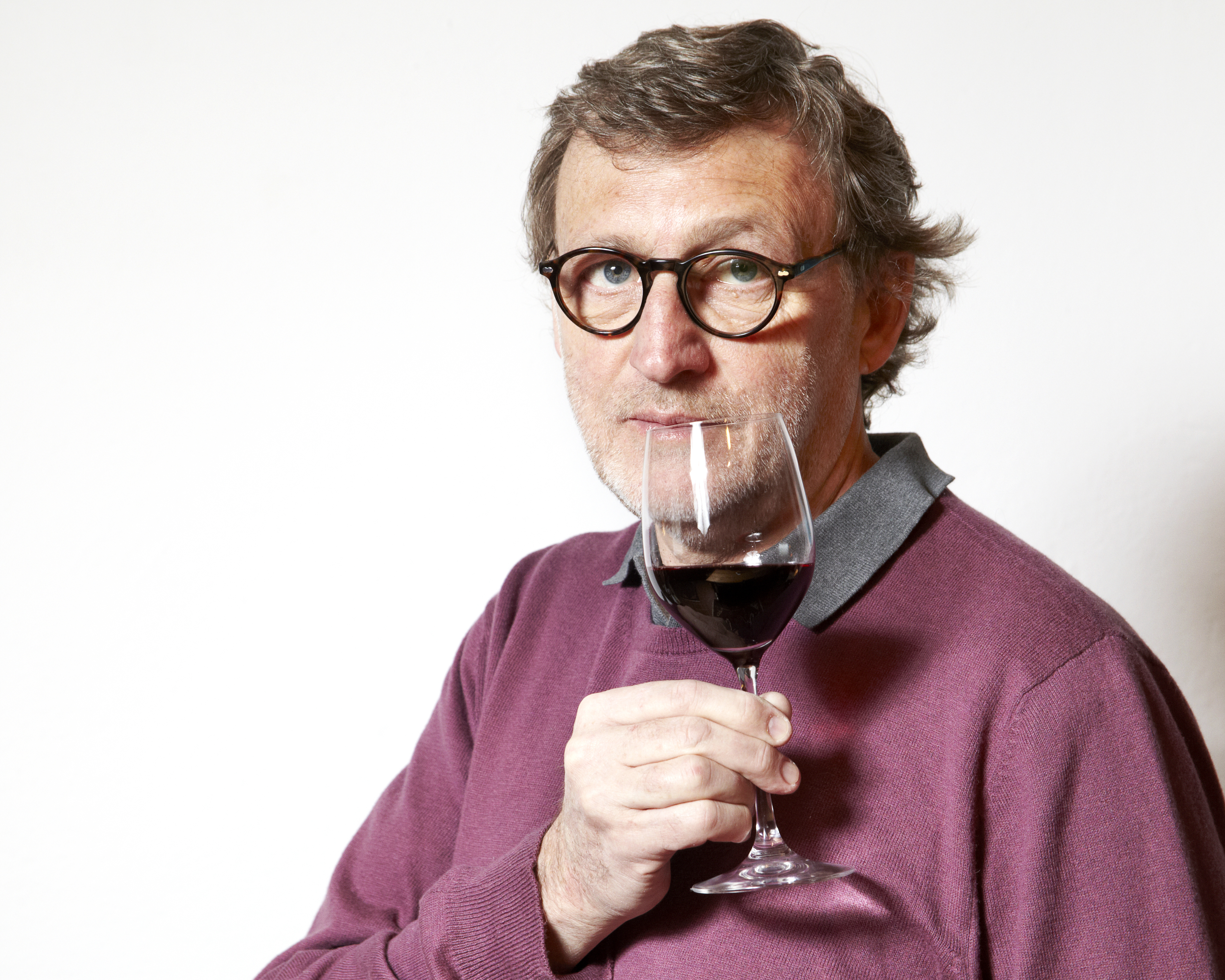
“The Brazilian Challenge: how to add a large potential market to the elite’s tradition of small consumption?”
THE SITUATION IN BRAZIL
BRICS
Expression coined in 2001 to describe the emergence of a group of countries considered to be new economic powers, namely Brazil, Russia, India and China (BRICS in 2011, with South Africa).
- Between 2003 and 2007, growth in these large emerging economies accounted for 65% of global GDP expansion. In 2003, they accounted for 9% of global GDP, and in 2009, 14%.
- Brazil’s overvalued image: a reversal of perspective Previously, Brazilians travelling abroad felt obliged to defend their country from any kind of criticism (with the exception of carnival, beaches and futebol – and even then!). Since the 2000s, however, the situation has changed: Brazilians are now keen to curb foreigners’ enthusiasm for Brazil.
We thought that the boom in the Chinese market, as well as in Russia and India, was bound to be replicated in Brazil.
THE ECONOMIC SITUATION
GDP in Brazil and China
The absolute value of the growth rate, significantly higher in China. The stability of Chinese growth, and the instability of Brazil’s growth curve.
THE WINE MARKET: reality (and potential)
Population (2014): 203 million = Germany + Italy + France
Per capita wine consumption: ~2.0 liters/year (80% red wines)
75% of wines are imported – 100 million bottles/year
85% of wine consumption: Southeast and South
50% in the state of São Paulo (40 million inhabitants)
The projected population growth pyramid shows a greater concentration of the workforce by age between 20 and 50, which is favorable for any consumer market, particularly the wine market (concentration of potential consumers).
WINE CULTURE: French influence
Until the 1960s-1970s, the intellectual elite (and the financial elite too, at least in part) were strongly influenced by French habits and references – great French wines
Tarsila do Amaral (1886-1973), one of Brazil’s most important painters
Historian, painter and collector of works of art and first editions of books, João Fernando (Yan) de Almeida Prado (1898-1991) – “Pensão Humaitá” brotherhood, since the 1930s
